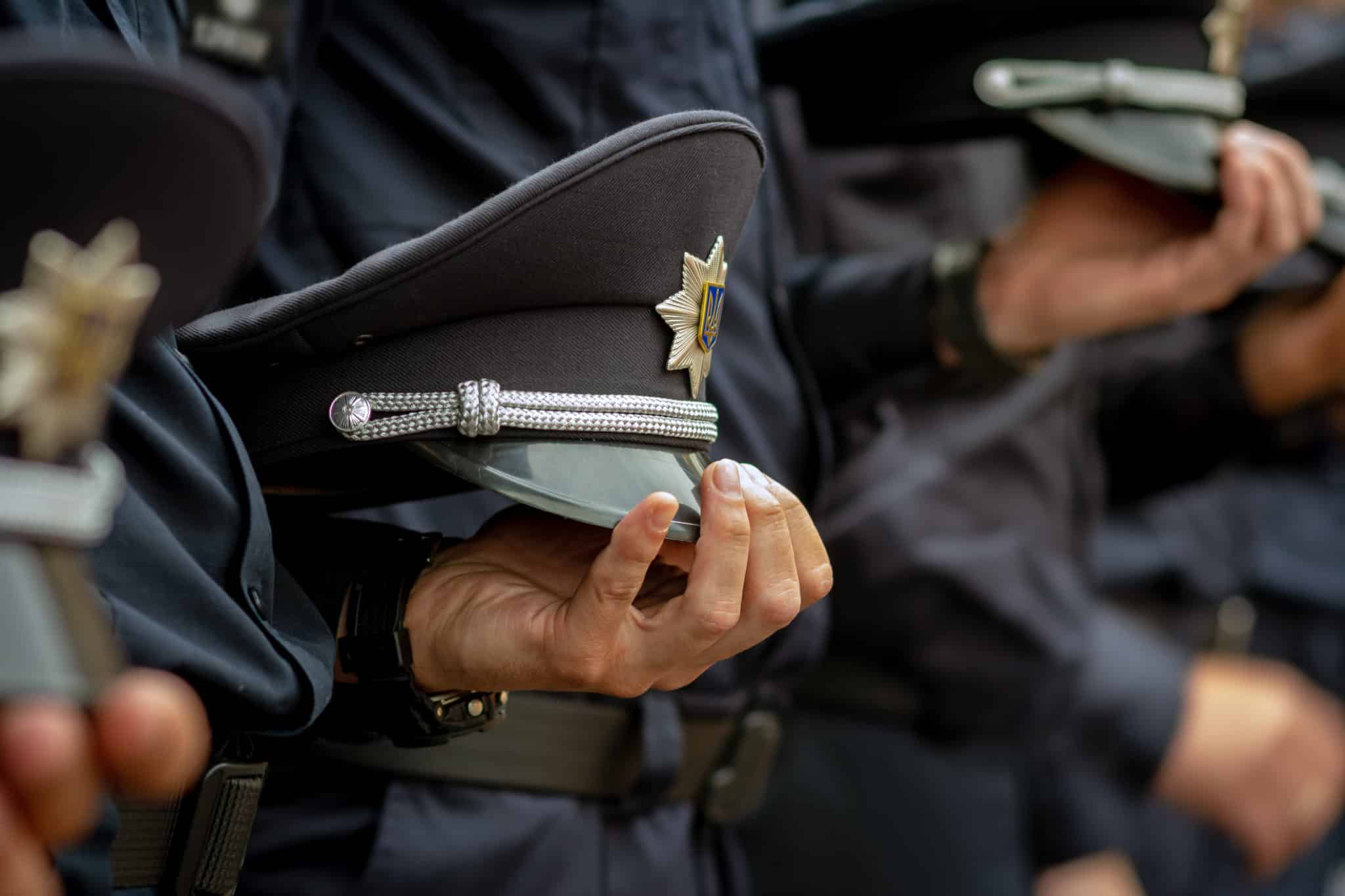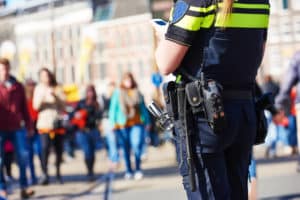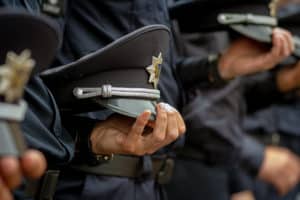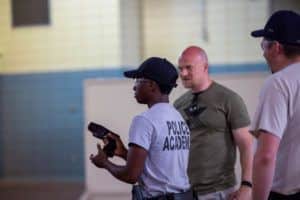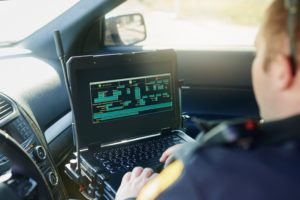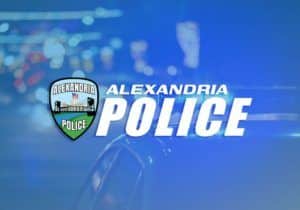If you’ve ever wondered about the day-to-day responsibilities of a police officer, you’re not alone. Many people are curious about what it takes to maintain law and order in our communities. We’ve previously discussed the primary duties and community policing involved in law enforcement. Now, let’s delve deeper into the specific roles and responsibilities that come with wearing the badge.
How do police officers enforce traffic laws?
Traffic enforcement is a critical aspect of the role of police officers. They monitor roadways, issue citations for violations like speeding or running a red light, and conduct sobriety checkpoints to deter drunk driving. Their presence on the roads helps ensure the safety of all motorists and pedestrians.
What are the responsibilities of a police officer during an arrest?
During an arrest, a police officer must read the suspect their Miranda rights, use appropriate force, and ensure the individual’s safety until they are handed over to custody. They are also responsible for collecting evidence and ensuring it is properly documented and stored.
Do police officers have to testify in court?
Yes, police officers often testify in court to provide an accurate account of events leading to an arrest or other law enforcement actions. Their testimony can be crucial in criminal cases and may also be required in civil cases involving accidents or disputes.
How do police officers handle domestic disputes?
Handling domestic disputes requires a delicate balance of diplomacy and law enforcement. Police officers must assess the situation, separate conflicting parties, and determine if any laws have been broken. In some cases, they may need to make an arrest to ensure the safety of the involved individuals.
What is the role of a police officer in crime prevention?
Crime prevention is a proactive part of the role of police officers. They engage in community policing, patrol neighborhoods, and work with local organizations to identify and solve problems before they escalate into crimes.
Are police officers responsible for animal control?
While not a primary duty, police officers may be called upon to handle situations involving stray or dangerous animals, especially if animal control officers are not available. They may capture the animal or, in extreme cases, use force to neutralize a threat.
The role of police officers is complex and multifaceted, requiring a blend of skills ranging from conflict resolution to law enforcement. For more information on becoming a police officer, visit our New Police Officer Information Page.

